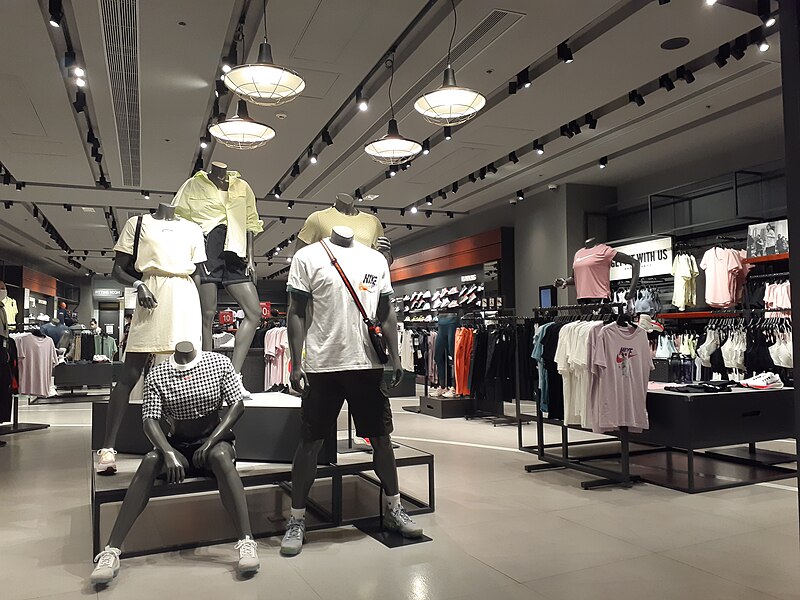
Retailers experienced a modest 0.5% rebound in sales during July, buoyed by the Euro 2024 football championship and summer discounting.
This uptick follows a significant decline in June, when poor weather conditions negatively impacted sales volumes.
The increase in sales was particularly strong in department stores and sports goods retailers, which saw higher volumes of purchases last month. However, according to the Office for National Statistics (ONS), it was a "poor month" for clothing and furniture stores, and fuel sales also fell despite a decrease in prices at the pump.
The July increase in retail sales was slightly below the 0.7% growth that some economists had anticipated, reflecting a "mixed picture" across different sectors. While non-food shops and department stores performed well, sales of motor fuel dropped by 1.9%, even though petrol prices fell by 1.4p per litre and diesel by 1.1p. This was a stark contrast to June, when fuel sales had jumped by 2.2%.
Despite the excitement generated by the Euro 2024 tournament, which boosted sales of sporting goods, food stores saw no growth in sales, as shoppers did not significantly increase spending on snacks and drinks for watching the games at home.
Andrew Hinds, chairman of jewellery retailer F Hinds, also noted a "mixed picture" across retail, observing that June was slightly stronger than July, contrary to the general trend. He pointed out that while there are still customers willing to spend, particularly older ones, younger people are cutting back on expenses due to financial pressures, despite a recent cut in interest rates.
Jacqui Baker, head of retail at accountancy firm RSM UK, noted that major sporting events like Wimbledon, along with the general election results, contributed to an improvement in consumer confidence in July. However, she also highlighted that many consumers are still delaying purchases of big-ticket items, as household budgets remain tight amid the ongoing cost of living challenges.
For instance, shops selling household goods, such as furniture, reported a 0.6% decline in sales volumes in July, according to the ONS. Baker expressed hope that as the housing market gains momentum, sales in household goods will follow as consumers look to furnish their new homes.
Meanwhile, inflation in the UK saw its first increase of the year in July, with prices rising by 2.2% on an annual basis. Although prices are increasing faster than in previous months, the rate is still slower than the rapid inflation seen in 2022 and 2023, which was driven by higher energy and food bills.
In related economic news, the services sector, the largest contributor to the UK economy, fueled growth of 0.6% between April and June, continuing the country's recovery from the recession in late 2023. Photo by KensmRPM 22300, Wikimedia commons.




































